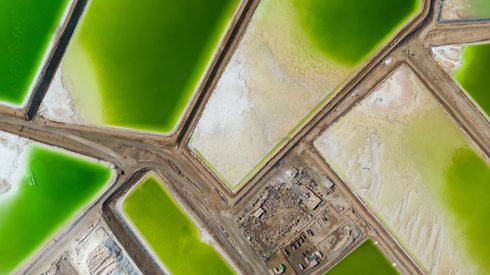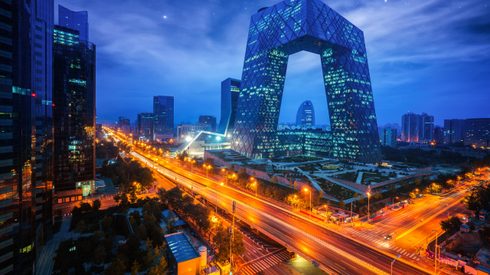Keyu Jin, an associate professor of economics at the London School of Economics & Political Science mentions that advancements in green steel cannot be achieved in geographical isolation. This is especially true given the current “threatening” geopolitical situations, including the breakdown in relations between the United States and China.
In her keynote speech entitled “Green Transformation and Economic Development,” Jin said that while China remains the second largest economy in the world, when it comes to developing green steel, no country can “do it alone, in geographical isolation.”
The forum is part of Singapore International Ferrous Week (SIFW) on May 22-26, at which academics and industry leaders are sharing their perspectives on the global outlook for green steel and navigating pathways to achieving it, among other issues.
Jin said that most major American, German and Japanese auto manufacturers were deeply involved with their Chinese counterparts when it comes to making electric vehicles (EVs) and building the capacity to power them.
And Chinese companies, including battery manufacturing giant CATL either have joint ventures or significant contracts with other major Western manufacturers, she said.
Significant challenges to progress remain, however, such as national security considerations, but Jin said that one of the many ways for China to address that would be for the state to take a more passive role in creating the digital infrastructure needed for the “green transition.”
Simon Farry on consistent policies
Another keynote speaker – Simon Farry, the head of steel decarbonization at global mining giant Rio Tinto – also stressed the importance of implementing clear and consistent policies, especially, he said, given that decarbonizing the steel sector will require $3.5 trillion in low-carbon technologies and renewable energy infrastructure.
Farry focused on navigating a sustainable pathway to a green future for mining.
“Supportive policy frameworks, such as carbon pricing and incentives are critical to unlocking the required investment and we’re starting to see this happen,” Farry said. “We have seen the impact of carbon policy in Europe and we are starting to see considerable investment and momentum.”
He said that close to 50 low-carbon steel projects had already been announced, with investment capital of about $50 billion.
Farry said one route Rio Tinto was exploring was the “Biolron” process, in which raw biomass – such as wheat straw, canola stalks and sugar cane, is used as a reductant in the steelmaking process rather than metallurgical coal.






